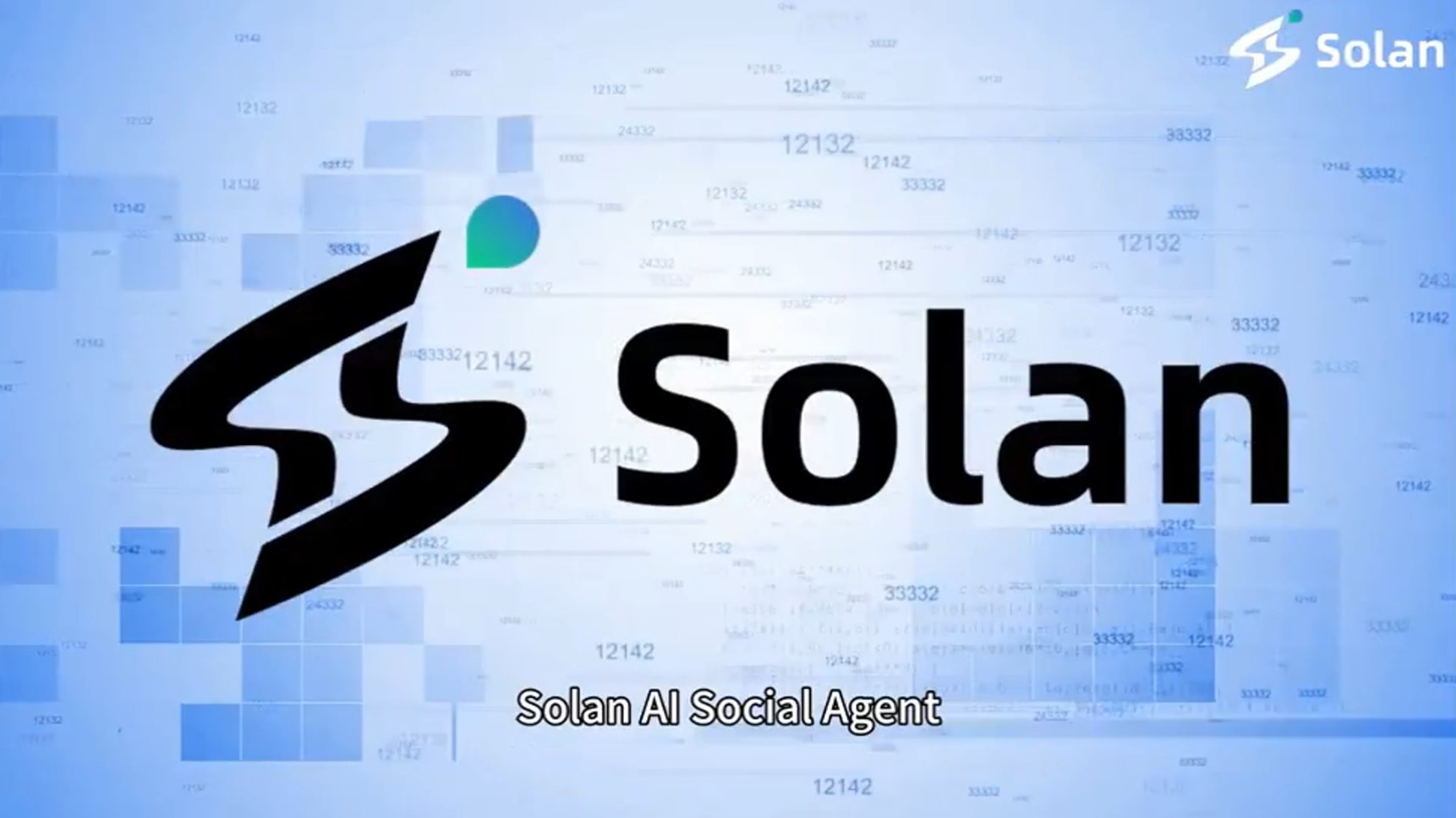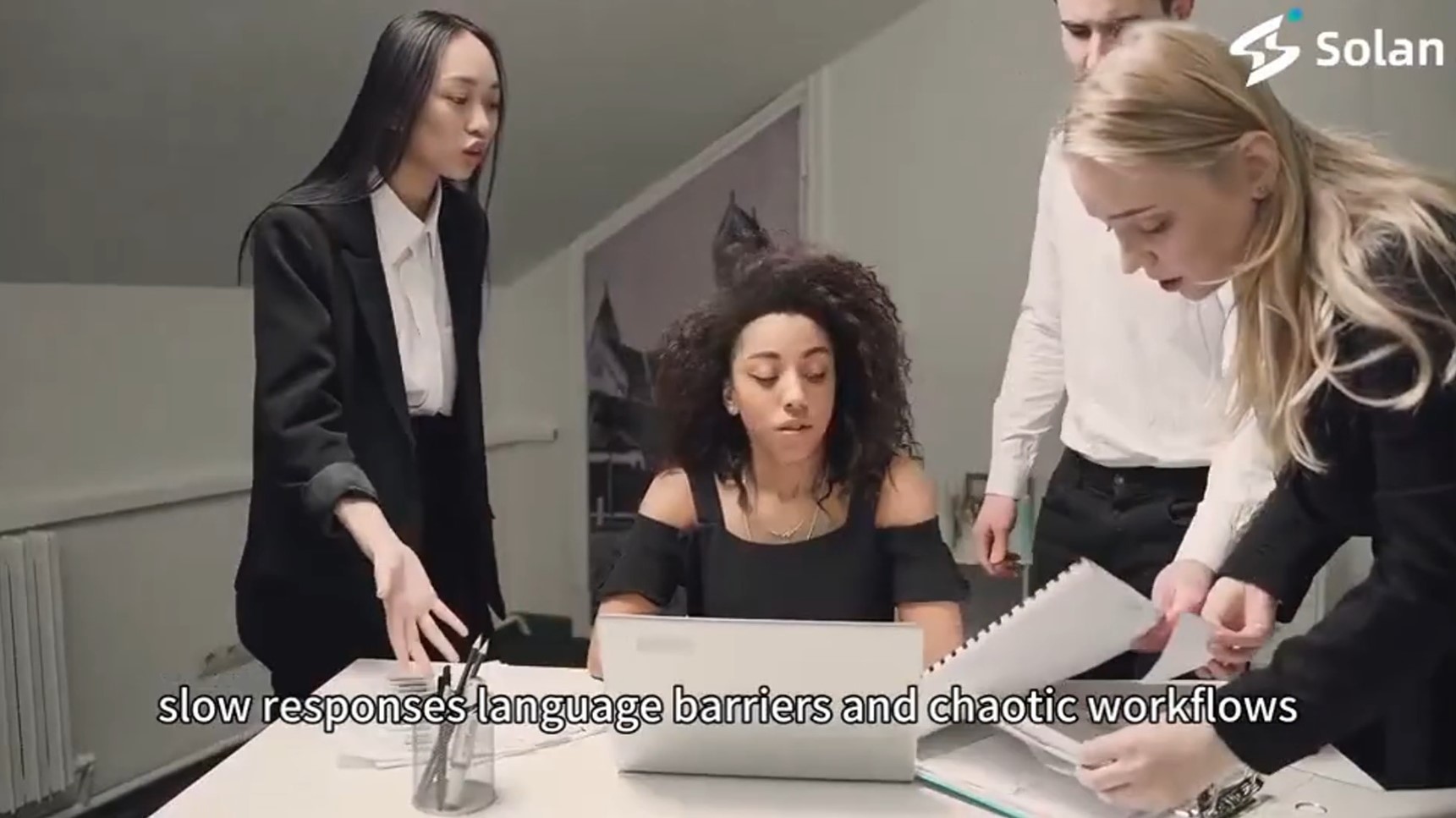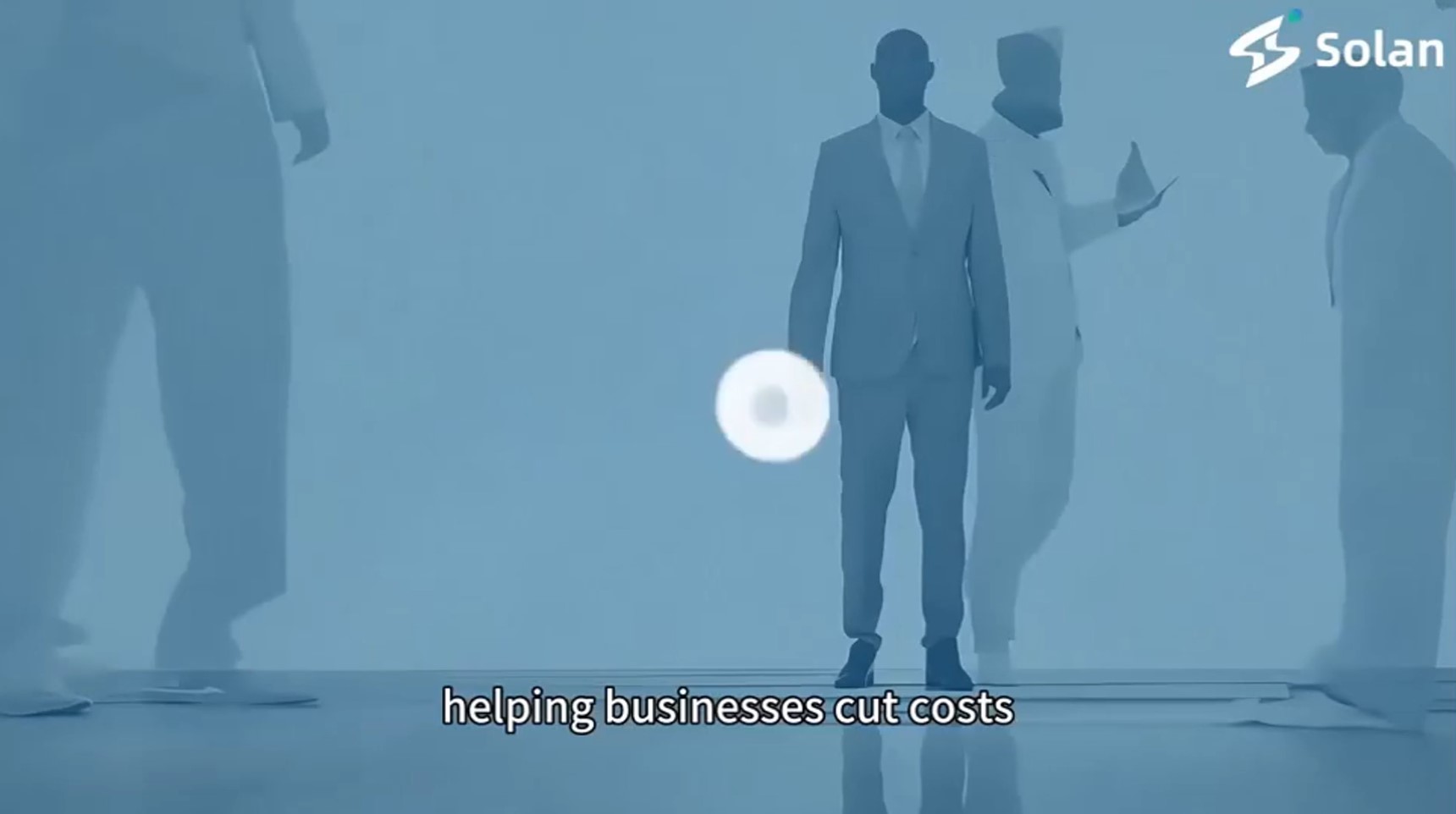 © UNOCHA/Giles Clarke Young Haitians are calling for peace and stability in the troubled Caribbean nation.
© UNOCHA/Giles Clarke Young Haitians are calling for peace and stability in the troubled Caribbean nation.
By Pia Blondel
Offering Haiti’s young people alternatives to gang life and strengthening local institutions are key for the Caribbean nation to “reclaim its position as a symbol of hope,” according to a senior UN official in the country.
Haiti is faced with a multifaceted crisis including rising gang violence, political instability, the displacement of over 700,000 people as well as widespread hunger.
UNICEF has reported a sharp increase in the recruitment of minors by armed gangs, with the number of child recruits rising by 70 per cent in the past year.
Ulrika Richardson, the UN Resident and Humanitarian Coordinator for Haiti, spoke with UN News about what the United Nations is doing to support the Haitian people.
This interview has been edited for clarity and brevity
UN News: How would you describe the current situation in the country?
Ulrika Richardson: There has been a terrifying escalation of violence in certain parts of Haiti, which is tearing at the very fabric of society. There have been horrific massacres in the last three months of the year both in the capital Port-au-Prince, but also in near-by l’Artibonite.
These brutal acts of dehumanization will only deepen the collective trauma of the Haitian people.
 UN Haiti Ulrika Richardson (right) meets a cacao farmer in western Haiti.
UN Haiti Ulrika Richardson (right) meets a cacao farmer in western Haiti.
We cannot ignore this reality. We must centre these horrific events in our response, urgently expanding mental health and psychosocial support programmes, and integrating them into our long-term plan for stability.
As the UN we are committed to staying in Haiti to help the most vulnerable people through the current crisis.
We need to protect people currently in extremely vulnerable situations, particularly in Port-au-Prince, where security forces simply do not have the capacity to protect citizens.
This means supporting the hundreds of thousands of internally displaced people.
 © OHCHR/Marion Mondain A young child whose family fled violence sits in a makeshift shelter in Port-au-Prince.
© OHCHR/Marion Mondain A young child whose family fled violence sits in a makeshift shelter in Port-au-Prince.
Families have fled their homes, often multiple times so we can start to imagine the magnitude of the wound they carry, and we must ensure they live in decent conditions.
So, at the moment, security is a prerequisite before addressing humanitarian challenges and then looking at a durable recovery.
UN News: It seems that every step you've taken, there have been two steps back. The deployment of the Multinational Security Support Mission appears to have stalled.
Ulrika Richardson: Of course, we are hoping that the situation improves. We will never give up hope and are working closely with the government, transitional authorities, civil society, and the private sector to make 2025 a better year than 2024.
 © WFP Workers in Haiti prepare humanitarian aid for distribution.
© WFP Workers in Haiti prepare humanitarian aid for distribution.
Despite strong leadership from Kenya with the non-UN multinational security support mission (MSS), which we really applaud, the mission is still in a pre-deployment phase because of a lack of sufficient funding from the international community. We have received important contributions, but they are very limited, so much more is needed.
Additional support is on the way. We have just heard that the MSS [mission] will receive more uniformed personnel and equipment. This move underscores the continued commitment to enhancing security in the country, a critical step toward advancing both humanitarian and development efforts in Haiti.
How important is security to political stability?
Haiti’s government is committed to its ambitious electoral agenda, including constitutional reform, which requires investment in economic recovery and social peace.
Security is essential to creating an environment where citizens can and want to vote. But there needs to be a doubling of efforts from UN Member States on all fronts today, not tomorrow, when it’s too late.
Haiti’s destiny is as bright as any other country. It needs to reclaim its position in the world as a symbol of hope, independence and freedom. There have been a lot of mistakes, but we need to learn from yesterday and see how we can improve things.
UN News: Could you expand on these mistakes?
Ulrika Richardson: If you look at economic incentives, why hasn't there been investment into productive capacities of the country? Right now, insecurity has discouraged foreign investors because they need to have some type of guarantee of stability.
However, after the 2010 earthquake, there were a lot of investments, hardly seen anywhere before for a country of that size. But how much of that was invested back into strengthening Haitian institutions?
 © UNOCHA/Giles Clarke A police vehicle passes by the General Hospital in Port-au-Prince.
© UNOCHA/Giles Clarke A police vehicle passes by the General Hospital in Port-au-Prince.
Equally important is ensuring that Haitians lead this process. I speak as someone who is not Haitian but as the UN in Haiti and recognising Haiti’s historic role as a founding UN Member State. So, our engagement is guided by deep respect for Haitian leadership and the vision of its people.
UN News: Talking about the future, the first thing that comes to mind is youth.
And youth in Haiti is at the centre of discussions around development and security. What step do you see as critical in the next year to empowering them and preventing their recruitment into armed gangs?
Opportunities. They need to have alternatives. We have, and need to continue to work on what these alternatives are. We want young people and children to be able to transition into being members of the community.
Some young people are coerced into joining gangs and there is an explanation for this.
If you can't leave the capital because finding a job somewhere else means that you risk your life on gang-controlled roads and there is no job opportunity where you live, your parents may have been killed, and education is not an option, what do we expect them to do?
Many children from the age of eight are currently recruited by gangs to run errands, to be their informers.
Unfortunately, arms trafficking continues to happen despite the sanctions regime. We need to have a process in place and a much better response rate from neighbouring actors.
This is not impossible, there are human resources out there and a lot of creativity and desire to create something better for the country than in the past.
The following are related news
President of Haiti National Federation of Past Pupils of Don Bosco shares concerns with Pope Francis
 Mr. Jude Elie, President of the Haitian Federation of Past Pupils of Don Bosco, recently had the privilege of meeting with Pope Francis.
Mr. Jude Elie, President of the Haitian Federation of Past Pupils of Don Bosco, recently had the privilege of meeting with Pope Francis.
During their meeting, Mr. Elie expressed concern with Pope Francis about the current situation in his country.
Mr. Elie humbly asked for prayers, blessings, and unwavering international support for the Haitian people. Emphasizing the dire circumstances facing the nation, Mr Jude Elie asked the Holy Father to encourage the international community to stand in solidarity with Haiti in its pursuit of peace and prosperity.
Pope Francis, upon listening to his concerns, responded with compassion, stating, “Haiti is in my prayers.” He acknowledged the urgent need for prayers and support especially for the Haitian youth.
In a gesture of appreciation and solidarity, Mr Jude Elie presented Pope Francis with a traditional Haitian art piece and a book about Haiti, which he graciously accepted.
This meeting served as a powerful reminder of the global reach of past pupils and friends of Don Bosco and the importance of our role in addressing the challenges faced by communities around the world.














